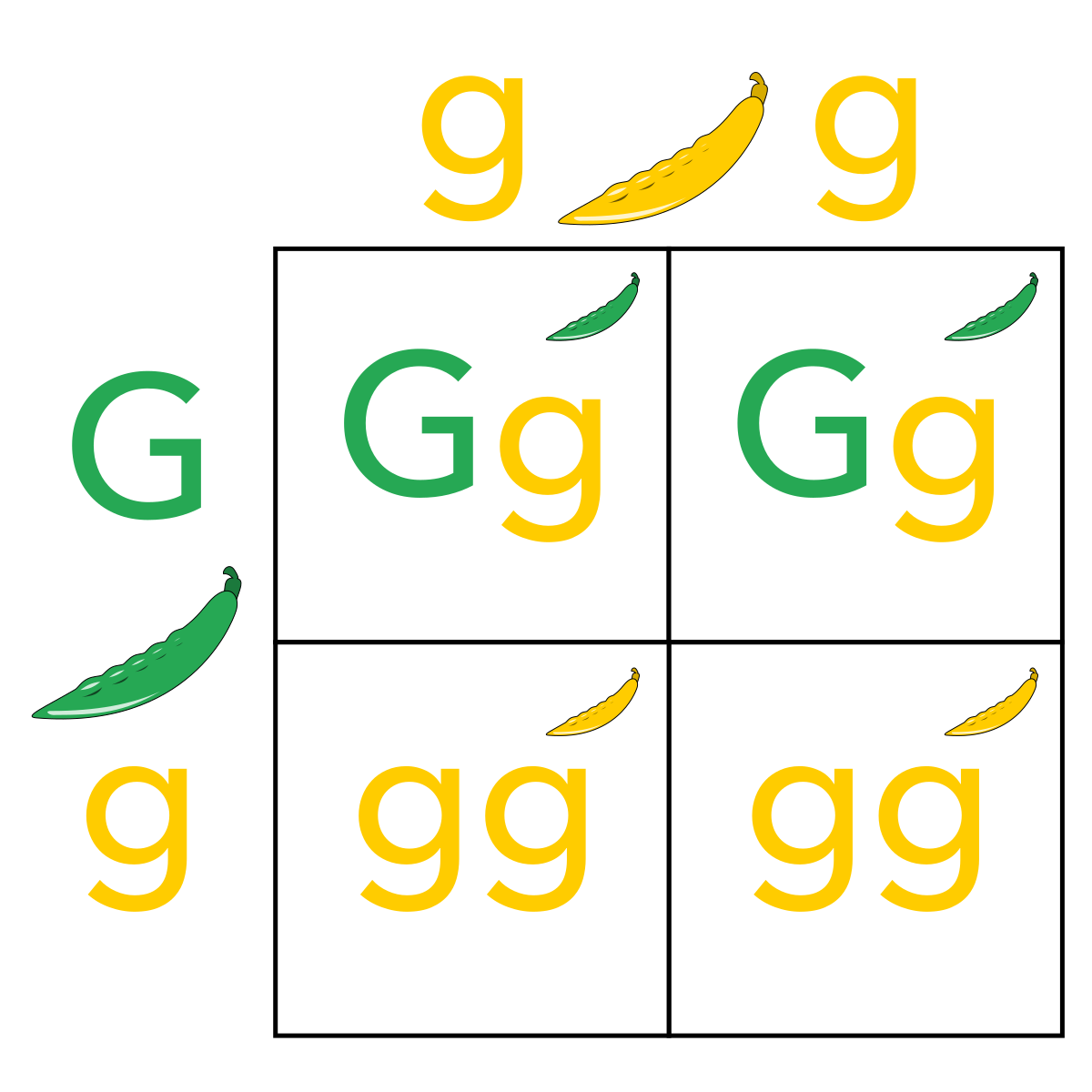Punnett square
Why in News: Punnett squares serve as a method for forecasting the potential genetic combinations in the progeny resulting from the mating of two individuals with identified genotypes.
Table of Contents
ToggleAbout Punnett Squares:
- Origin: The Punnett Square derives its name from British geneticist Reginald Punnett.
- Functionality: It operates by listing the potential genetic traits of each parent along the grid’s top and side, then combining these traits within the squares to represent possible offspring traits.
- Listing Traits: Genetic traits of one parent are listed on one side of the grid, and those of the other parent are listed on the opposite side.
- Combination: Traits from each parent are paired within the squares, representing potential combinations inherited by offspring.
- Visualization: This method offers a straightforward visualization of the likelihood of various traits appearing in offspring.
Source: TH
Contempt of Courts Act, 1971
Why in News: The Allahabad High Court recently stated that rulings made by the Central Administrative Tribunal (CAT) under the Contempt of Courts Act, 1971, can only be appealed to the Supreme Court and not to the High Court.
About Contempt of Court:
- Supreme Court Authority: Article 129 of the Constitution designates the Supreme Court as the ‘Court of Record’ with all the powers inherent to such courts, including the authority to penalize for contempt against itself.
- High Court Power: Article 215 similarly grants High Courts a corresponding power.
Types of Contempt:
- Civil Contempt: Involves deliberate disobedience to any court judgment, decree, order, or other legal process, or breaching an undertaking given to a court.
- Criminal Contempt: Encompasses the publication of any matter or act that:
- Scandalizes or undermines the authority of any court.
- Prejudices or interferes with judicial proceedings.
- Interferes with or obstructs the administration of justice in any manner.
Penalties:
- Imprisonment: Contempt of court may lead to imprisonment for up to six months.
- Fine: Alternatively, a fine of up to two thousand rupees may be imposed.
- Apology: Discharge or remission of punishment may occur upon offering a satisfactory apology to the court.
Source: TH
Khula under Islamic law
Why in News: The Supreme Court recently issued a notice regarding an appeal challenging two verdicts from the Kerala High Court. These rulings affirmed that Muslim women possess an inherent and unchallengeable entitlement to unilateral and extrajudicial divorce through Khula as per Islamic law.
About Khula:
Khula is a practice within Islamic law that grants Muslim women the authority to seek separation from their husbands unilaterally.
- Quranic Mention: It is explicitly mentioned in the Quran.
- Protecting Women’s Rights: The practice is designed to safeguard the rights of women while operating within the framework of Islamic law.
The Process:
- Initiation by Wife: The process begins with the wife formally requesting divorce from the court, citing valid reasons such as incompatibility, abuse, or neglect.
- Financial Considerations: As part of the Khula process, the woman may opt to return the Mehr (dowry) or negotiate a financial settlement with her husband as a condition for ending the marriage.
- Financial Responsibilities: Following a Khula divorce, the husband assumes responsibility for the education and financial support of any children from the marriage.






